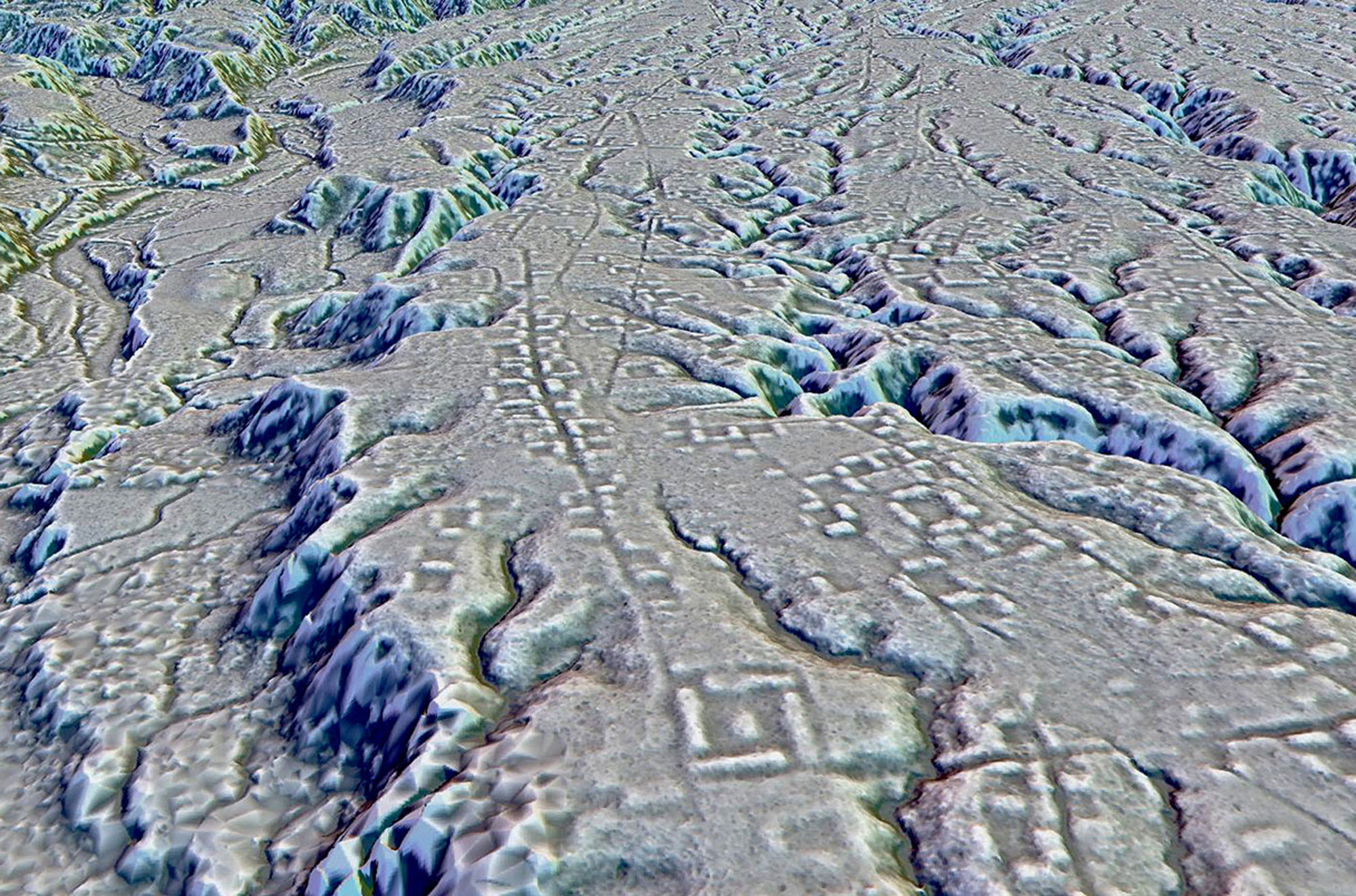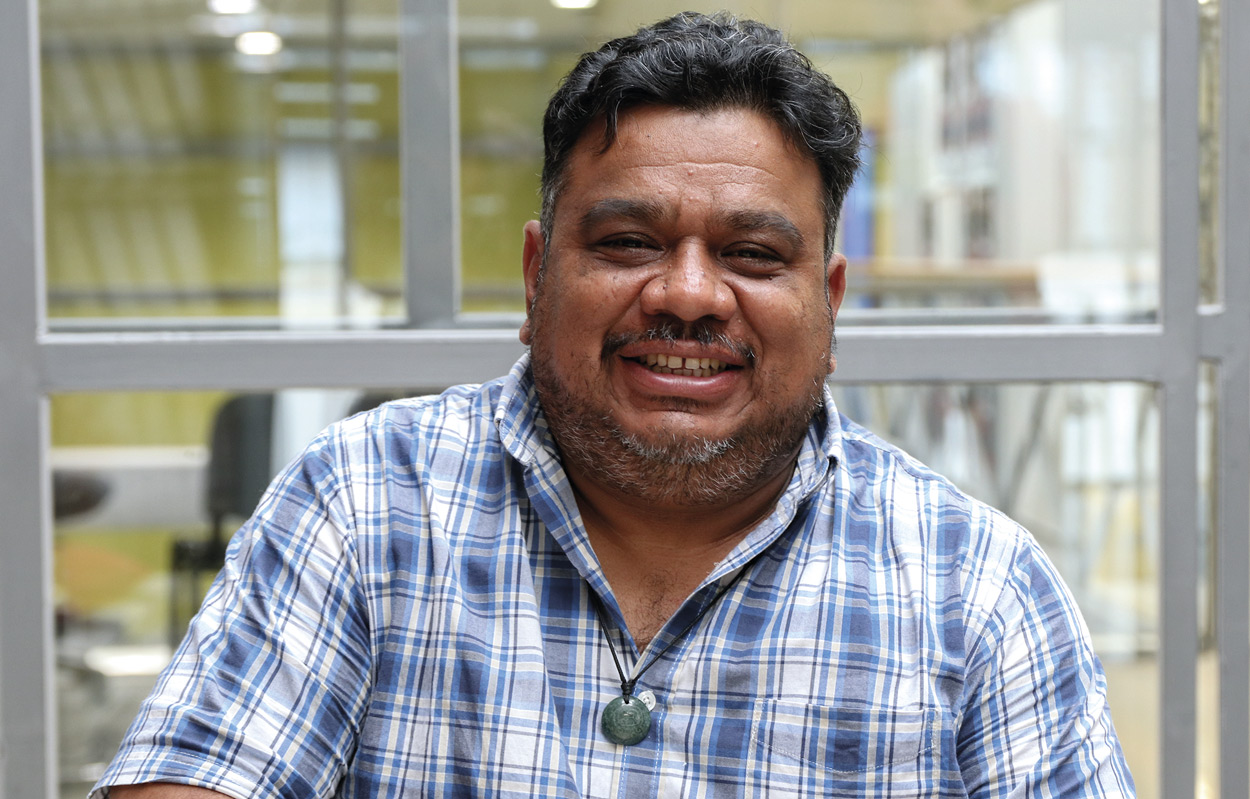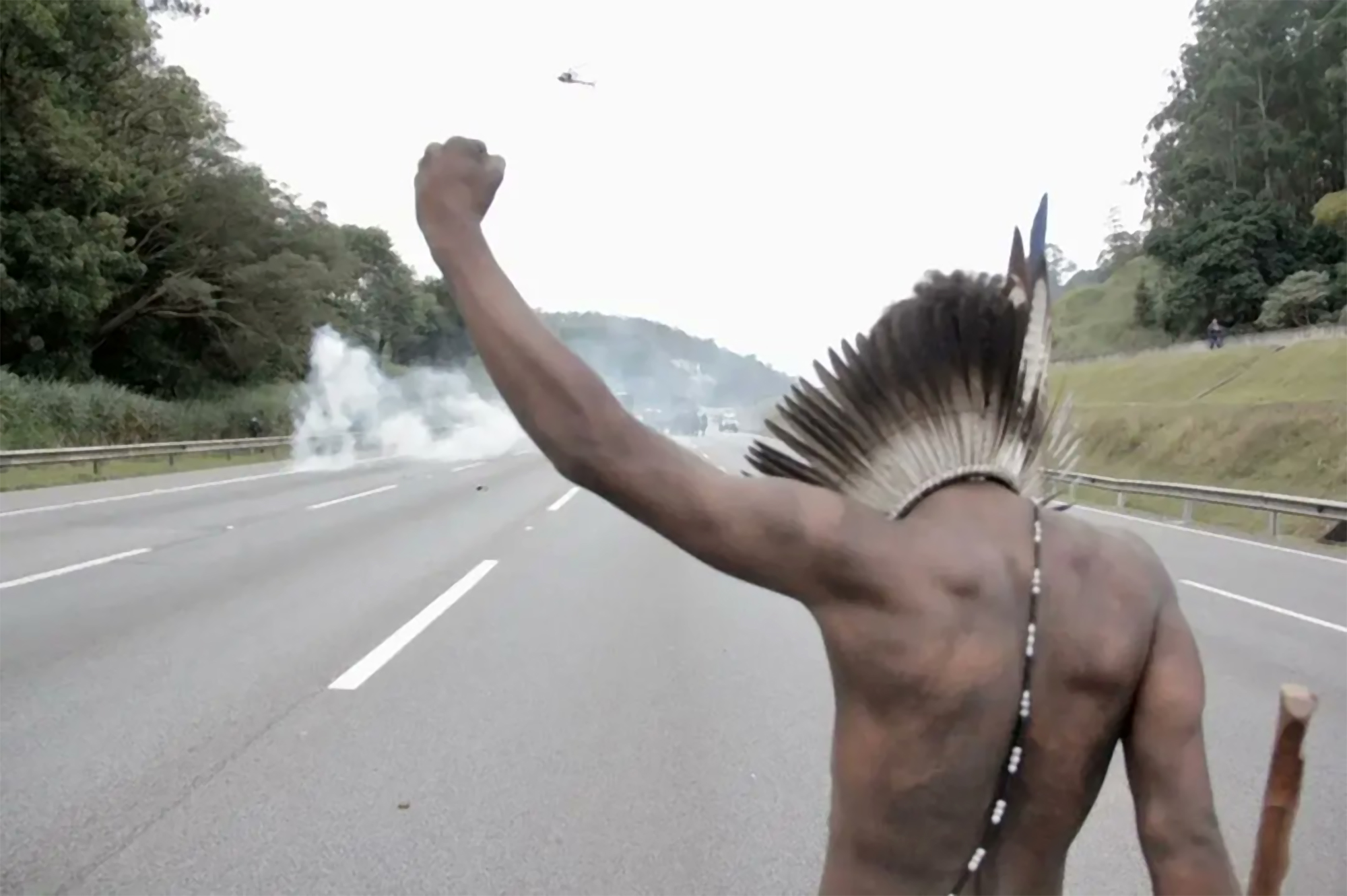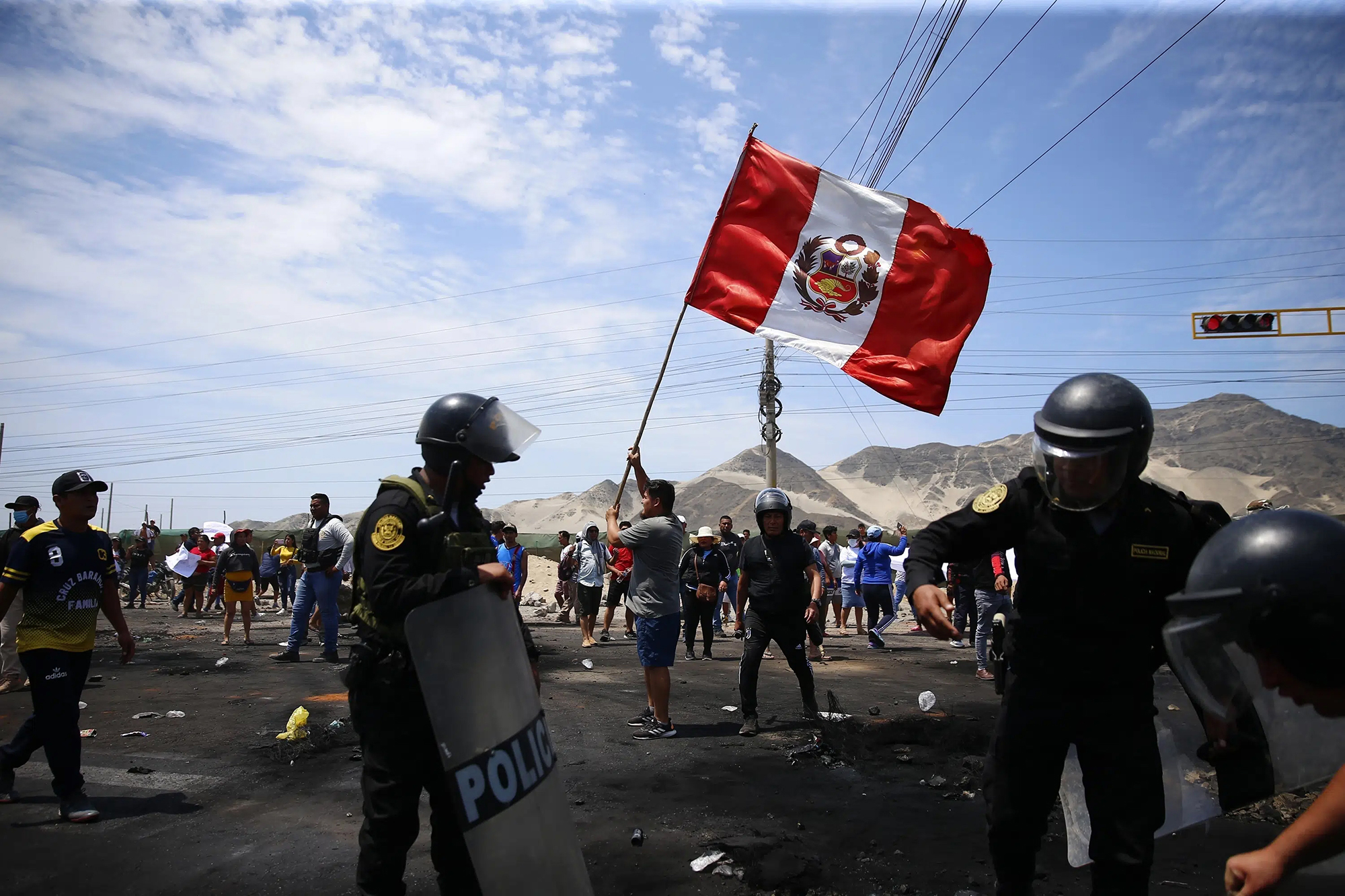“We live in the systemic and institutional violence proposed by the Government”
- Viviane Míchel is expressing his desire to remain silent. Every time you can, you're asking the same question: “How many missing or murdered indigenous women? “. The answer is clear: the problem is systemic and is the result of colonization. But he wants to hear the answer by the mouth of those responsible.
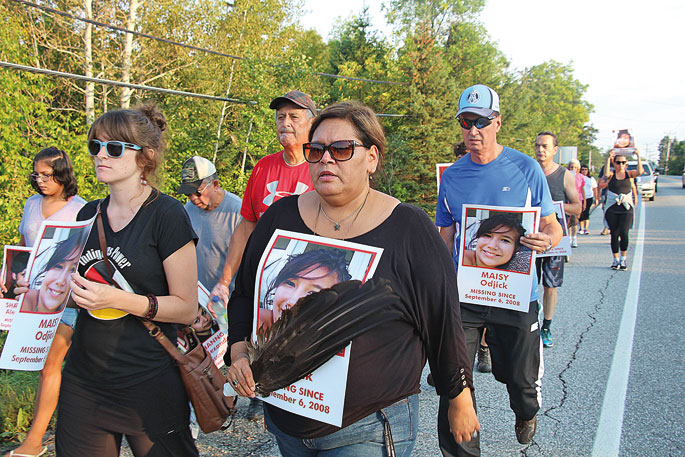
Challenges like autochthonous, challenges like women and united identities, challenges like indigenous women.
Yes, it is obvious. We suffer both oppression on a daily basis. One of the clearest examples is the disappearance of indigenous women or murders. We're native and we're also female. In raising awareness of this problem, we are responding to discrimination and racism.
For 30 years, 1,100 indigenous women killed or missing in Canada.
1.186. This is a serious problem that we will not be able to solve until the government does not look seriously at the situation. For years now, we have been asking for a public inquiry into how and how young indigenous women disappear. The survey could also shed light on the general situation of communities: overpopulation, housing shortages, violence, etc. Everything is tied up, many women go from the communities, many fall into drug use and from there into prostitution. 1,186 missing or killed women. And those who commit suicide? They are also disappearances without a response.
These are the numbers from the Canadian Gendarmerie.
Last year, he published these numbers. But for example, to Quebec, the numbers were very small, the number is far higher. In any case, we do not want quantitative research, there are too many numbers. We are talking about lives, stolen lives! We want to talk about those lives, about the families of those missing and killed. We want to talk about the problems behind these tragedies.
The problem is systemic.
It is obvious and it is the result of colonization. Our life does not depend on us, our way of life is not ours, we try to survive by acting. We live in daily life the systemic and institutional violence proposed by the Government.
You can't talk about the horrible event of barnetegis.
The history of colonization cannot be mentioned without referring to the disproportion of the inmates [from 1820 to 1996, the Canadian government kidnapped children from the natives and installed them in boarding schools to assimilate and evangelize them]. There they lived fifteen or twenty years, completely separated from their families. The events occurred throughout the morning and were physical, psychological and sexual assaults. They were forbidden to speak their language. They had to take their skin off to make it white. The pensioners received a terrible blow. The government was looking for our disappearance, it makes me think of genocide. The return of the inmates was also drastic, as the children experienced anger and aversion towards their parents and the parents had a feeling of guilt.
But, as you say, who cares about your reality?
That's why the public survey would also be interesting. The First Nations indicate something, because nobody is up to us, to listen to ours or to pass the mensaje.El 60% of the murders and 70% of the disappearances occur in cities,
while the minority occurs in communities. Who are the aggressors?
I would like to hear the answer. In the last twenty years we have to deal with new problems, one of them is trafficking in women organised in cities. It opens the door to an end to violence and, of course, we indigenous women are the best slave to these predators. For example, the Justice recently clarified that the disappearance of two girls from the Kichianchigi community was committed by pimps.
How is justice going?
Very slowly, too slowly.
Why does the government not want a public inquiry?
The survey would also show that Canada does not fulfil its obligations towards the First Nations. We are a forgotten village at room temperature. I don't want to be a victim. We have been calling for knowledge for centuries, and we are still unrecognized.
What are self-defense strategies?
Many women are doing a great job of raising awareness and educating about this problem. Marches, demonstrations, workshops. Self-defense workshops are also held in some communities. We also intend to establish alliances with structures that are not in the hands of the indigenous people. Last April the families of the missing or killed in Nepal met. The meeting was very positive. Of course, they were able to share their grief together. But not only did we want to stay on therapy, but they formed a network between them. They had a lot of advice and knowledge about the judicial route. They also gave us some recommendations to the association. They want to have their own place in this fight, they want to walk with us. They do not want us to speak on their behalf. We are in it.
Lehen alaba sortu ondoren sartu nintzen Quebeceko Emakume Autoktonoen Federazioan. Emakume autoktonoon erronkez ohartu nintzen orduan. Ordura arte ez nekizkien, ala zerbait entzun arren, horiei buruzko kontzientzia ez zitzaidan oraindik iratzarria.
49 urte preso pasa ondoren, libre utzi dute Leonard Peltier AEBetako ekintzaile autoktonoa. Otsailaren 18 honetan heldu da bere senide eta lagunen artera 80 urte dituen preso-ohia.
Oinarrizko maia komunitateko U Yich Lu’um [Lurraren fruitu] organizazioko kide da, eta hizkuntza biziberritzea helburu duen Yúnyum erakundekoa. Bestalde, antropologoa da, hezkuntza prozesuen bideratzaile, eta emakumearen eskubideen aldeko aktibista eta militante... [+]
It is no coincidence that Columbus Day, that of the Civil Guard and the Virgen del Pilar coincided on that date. The three represent oppressive structures (statue, army and church). On the other hand, there is indigenous resistance and population that the Spanish State... [+]
When in the 16th century the Spanish conqueror Francisco de Orellana sailed the Amazon River, he said that there were big cities on both sides of the river. Few believed then, let alone in the following centuries, when no trace of what the conquest itself had destroyed was... [+]
On March 23, the prestigious French publisher Seuil launched a new literary section called “Indigenous Voices”. On the web Un livre dans ma valise (A book in my beacon), the director of the section Laurence Baulande explained that then the aim of the project is to publish... [+]
Pasa den abendutik Perun gertatzen ari diren istiluak, herrialdearen egoera politiko ahularekin lotu dituzte munduko hedabide nagusiek. Pedro Castillo presidente ezkertiarraren noraeza, haren kargugabetzea, Andeetako eskualdeetako herritarren altxamendua eta haien kontrako... [+]














